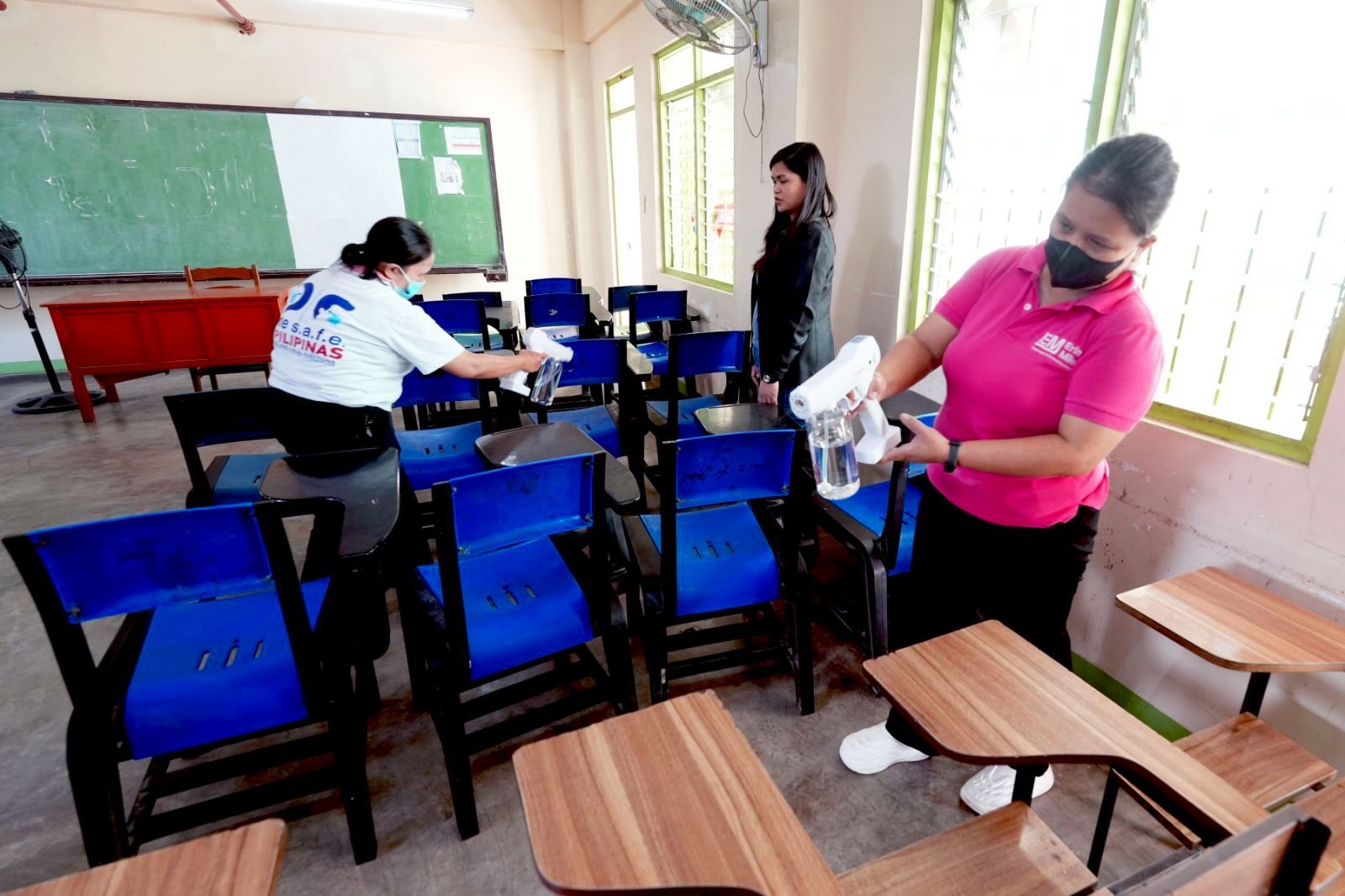
By Brian Campued
The Department of Education (DepEd) urged local government units (LGUs) to “periodically assess” whether suspending classes is necessary, as extended suspensions may disrupt learning and affect students’ development.
In an advisory issued on Monday, the DepEd said that while it respects the authority of LGUs, this responsibility must be exercised with “balance and prudence.”
The DepEd issued the statement after some LGUs declared class suspensions amid seismic activities and health situations.
“Every decision should reflect both care for safety and commitment to learning continuity,” the agency said.
The DepEd – National Capital Region (NCR) earlier suspended face-to-face classes in all public schools in Metro Manila on Oct. 13–14 due to influenza-like illnesses among learners and personnel and in light of the recent earthquakes that struck various parts of the country.
It stressed that alternative delivery modalities would be implemented to ensure learning continuity while prioritizing the health, safety, and structural security.
Public schools were ordered to disinfect, sanitize, and inspect their buildings and facilities as well as prepare for earthquake drills and other emergency protocols, and implement health and safety practices.
In a press briefing, Presidential Communications Office (PCO) Undersecretary and Palace Press Officer Claire Castro clarified that the Department of Health (DOH) has reported that the current flu cases remain 8% lower compared to the same period last year.
“Sa ganitong panahon po talaga lumalabas ang influenza-like illnesses,” Castro said. “Pero minabuti po nila na huwag na po itong kumalat at nagkaroon po ng health break sa mga eskuwelahan at para po hindi na nga po magkahawaan ang mga estudyante.”
ILIs are infections in the nose, throat, and/or lungs caused by various bacteria or viruses. Some of its common symptoms are colds, sore throat, headache, bodyache, shivers, vomiting, diarrhea, and extreme fatigue.
According to the DOH, there are around 121,716 cases of ILIs in the country from January to Sept. 27, 2025—down from the 132,538 cases during the same period last year. (with report from Bien Manalo / PTV News)
-jpv
